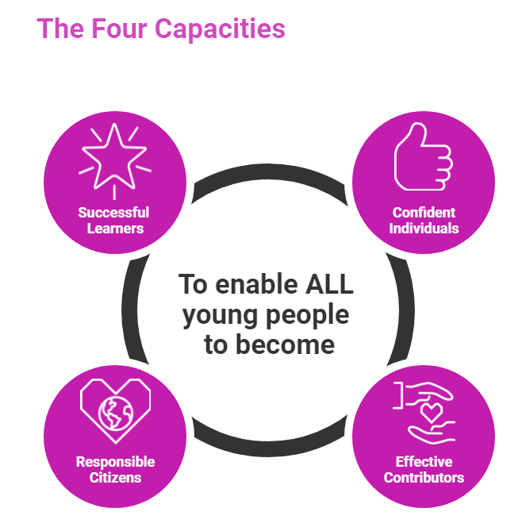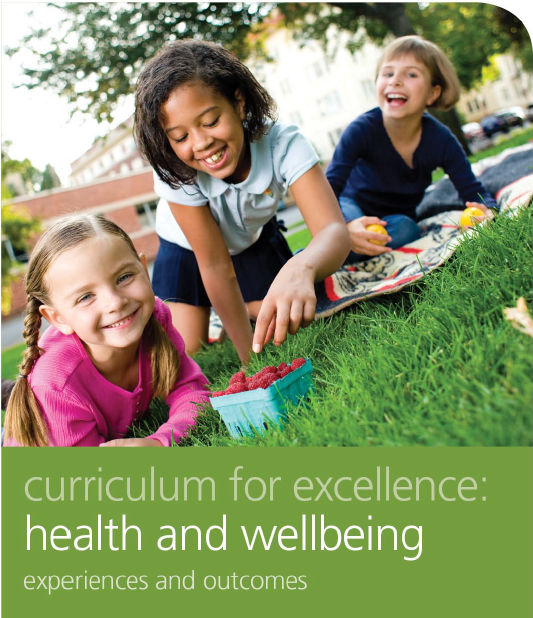
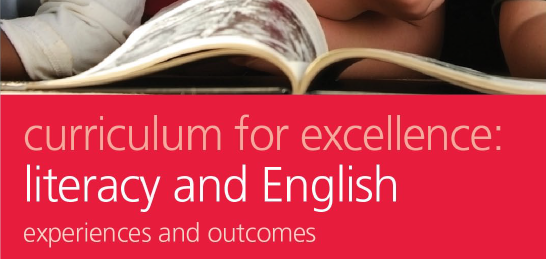
All Falkirk Council education establishments will be supporting the physical, emotional, social and mental health and well being of their learners as we respond to and recover from the disruptions of the coronavirus. This blog post pulls together resources and ideas for ways in which teaching and learning of talking and listening skills (oracy) could combine with the Health and Well being focus which will be a priority for all Falkirk education staff.
The links, lessons and ideas below develop, consolidate or apply talking and listening skills through the context of supporting effective relationship (re-)building and development of social skills and relationships.
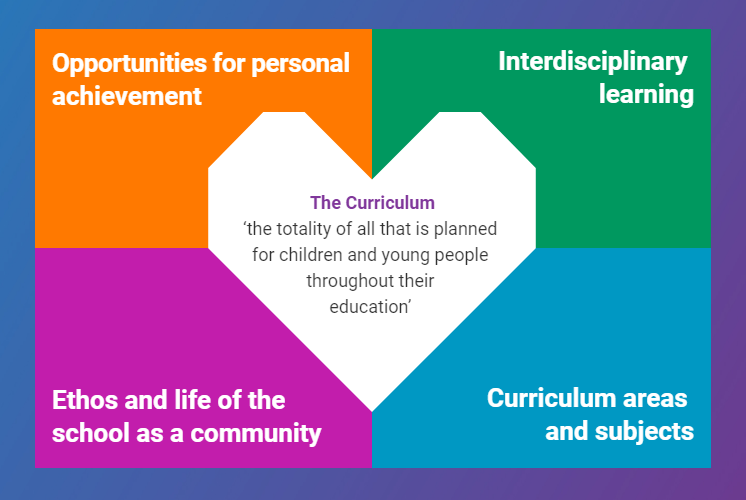
This blog post therefore captures effective interdisciplinary links between literacy and health and well being. The teaching and learning it supports will also contribute to the life and ethos of your school or centre as part of your recovery plan. Depending on which activities and ideas you select, combining the essential skills of talking and listening with a focus on relationship building and socialisation may offer your pupils opportunities for wider achievement which support their future learning. life and work.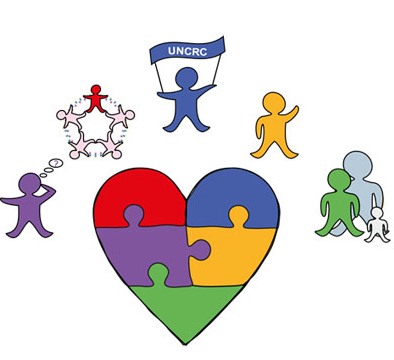
Education Scotland guidance and support materials for group discussion – click here to access
This resource has professional learning and support materials including exemplar videos where pupils (first, second and third level) model two key skills in group discussion:
- exploring ideas and developing knowledge
- analysing and evaluating – click here to see first level pupil council discussion developing building on others contributions and responding to others’ viewpoints
These videos use a range of curricular contexts but the skills and techniques demonstrated can easily be translated into HWB contexts or lessons. Click here to download group discussion sentence stems which support specific discussion skills and here to access the poster/diagram overview of group discussion skills provided.
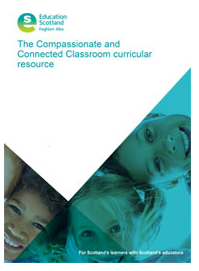
The new Education Scotland “Compassionate and Connected Classroom” curriculum support materials have many activities which help structure a recovery phase for pupils in upper primary – some of these would work very well with the group discussion techniques outlined above. Click here to view.
BBC Newsround clips may also be useful for listening activities and/or analysing and evaluating how others ask and answer questions (click to view this example of a government minister responding to children’s questions about the virus). The wealth of video clips of famous people taking part in online conversations is rich for children’s study of particular elements of talking – the organisers and statements in our Falkirk Literacy and English Progression Pathways will support planning of specific learning intentions using video clips – see extract below and click here to view the pathway documents (Glow login required)
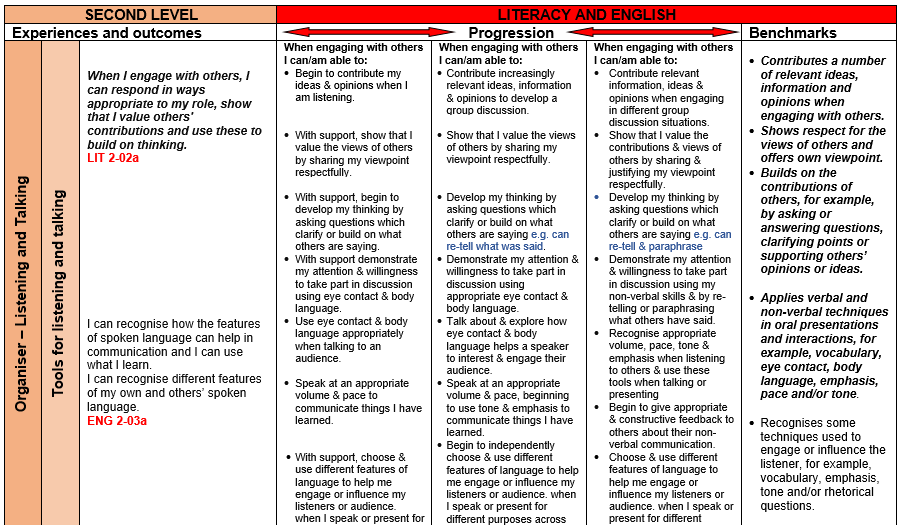
The National Literacy Trust has produced “Happy News” materials for primary 7 pupils which also use news and media reports to help pupils process their feelings as they transition back to school – click here to visit this resource page and here to see their learning guide.
These BBC Bitesize HWB videos for early level children include exploration of how to communicate emotion using facial expression and other non-verbal methods. These also relate to our early level progression pathway and will link well with resources in HWB resource packs commonly found in schools. Talking and listening about feelings and emotions is often done through art and drama or music and dance activities where children “do” first, then begin to verbalise which emotions they and others are modelling. The Golden Rules of Participation pack available here is a valuable visual communication tool designed to develop children’s capacity to be heard and to be independent and empowered during interactions with others.
Education Scotland Newsletter talking and listening activities:
- Activities to support staying in touch with friends and family here for primary stage
- and secondary stage young people version here
- Talking and listening activities which support examination of friendship for primary children here
- Click here to view The Journey which is a power point narrative designed to help 13-15 year old young people understand and cope with the impact of changes caused by the coronavirus. This resource includes an age appropriate “Resilience Alphabet” tool which might be helpful to young people – this activity may offer useful context for using the resilience alphabet. A version for primary aged children can be found by clicking here.
- A whole page of activity suggestions linking to change, co-operating, developing independence, etc is available here
- This page of suggested learning activities is for primary and secondary stage pupils and focuses on communicating safely online and face to face
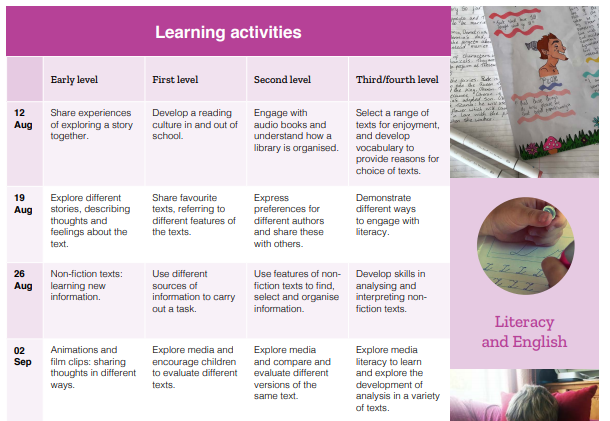
Education Scotland have created an overview of learning activities to support planning of blended learning if this is needed – click here to view. The literacy and health and well being plans for August to October have been copied into Word format here for your convenience. Some of the suggested learning activities may be useful as part of your Health and Well being planning and also offer contexts for talking and listening.
